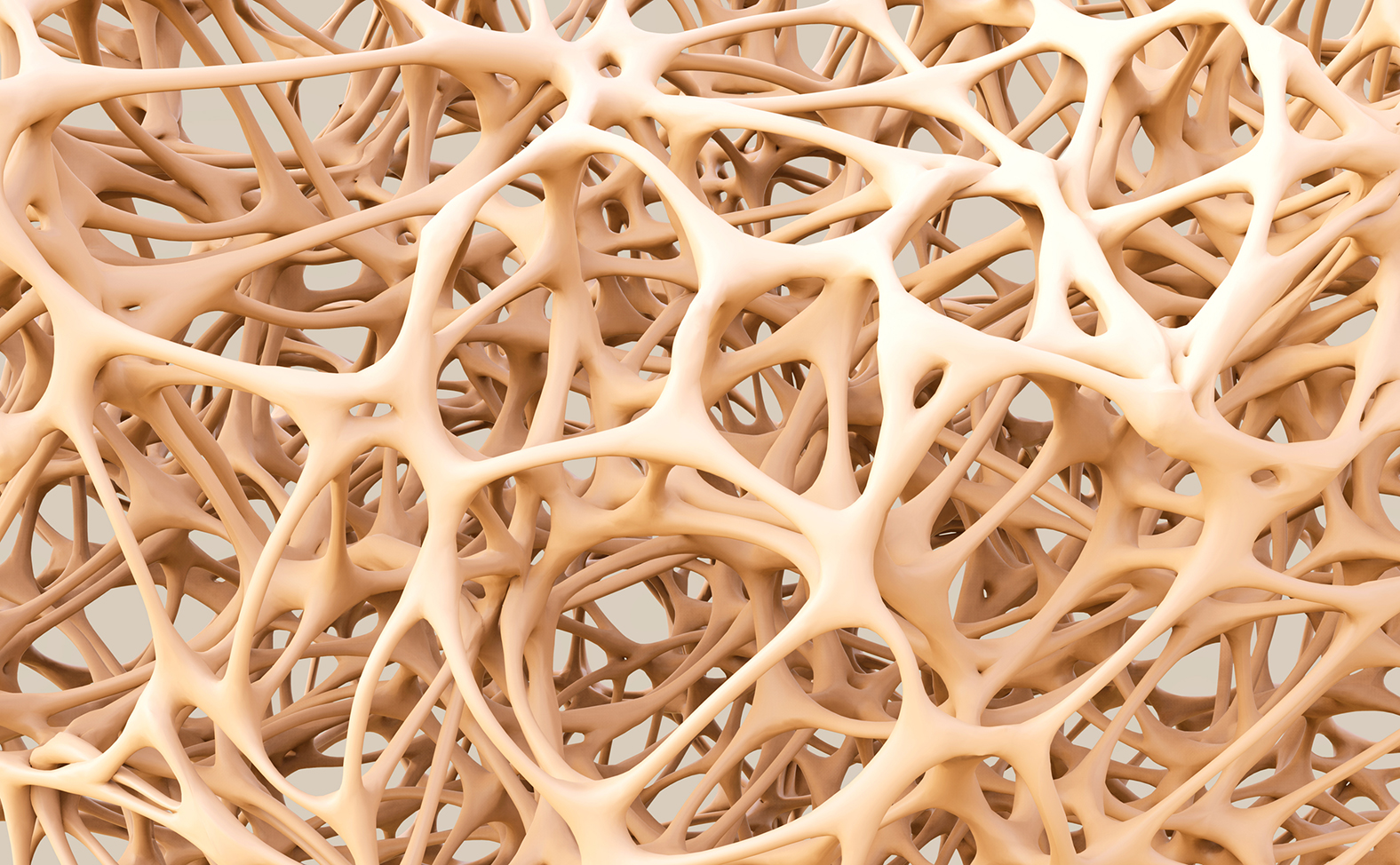FDA advisers back Amgen/UCB's osteoporosis drug Evenity

Amgen’s bone-building drug Evenity looks on course for US approval in certain women with osteoporosis after a panel of advisers strongly backed it, but cardiac safety worries mean that it will have a narrower use than originally intended.
Evenity could have been on the market last year but the FDA rejected it because of an unexpected cardiac safety signal in one of the phase 3 studies in Amgen’s dossier.
Amgen, which developed the drug in partnership with Belgium’s UCB, has come back with new data, and a request for approval in a narrower indication of women with osteoporosis at high risk of fracture, instead of in the population of all postmenopausal women.
This could limit its commercial prospects, and there is no guarantee that the FDA will approve Evenity (romosozumab) as decisions of its advisory committees are not binding.
Nevertheless 18 out of 19 of the experts from the Bone, Reproductive and Urologic Drugs Advisory Committee (BRUDAC) voted in favour of approval.
The BRUDAC reviewed data from the phase 3 FRAME study, testing the drug in 7,180 postmenopausal women at risk for fracture, and ARCH, an active comparator-controlled study with 4,093 postmenopausal women with osteoporosis and with prior history of fracture.
They also reviewed data from STRUCTURE, an active comparator-controlled study with 436 postmenopausal women with osteoporosis.
It was the ARCH study that threw up the unexpected cardiovascular safety signal that has caused the problems.
But things seem to be turning in Amgen’s favour now – the Japanese regulator approved it last week and UCB has filed it in Europe, where it is also under review.
Pascal Richetta, head of bone and executive vice president at UCB, said: “Evidence suggests that many women who sustain a fragility fracture are not appropriately treated for osteoporosis. This is why new treatment options, like Evenity, are so important.”
Evenity works by inhibiting the activity of sclerostin, which enables the body to increase bone formation and reduce bone resorption simultaneously.
Amgen sees Evenity as a successor to its older osteoporosis drug, Prolia (denosumab), which is nearing the end of its patent life and could face competition from cheaper biosimilars.












